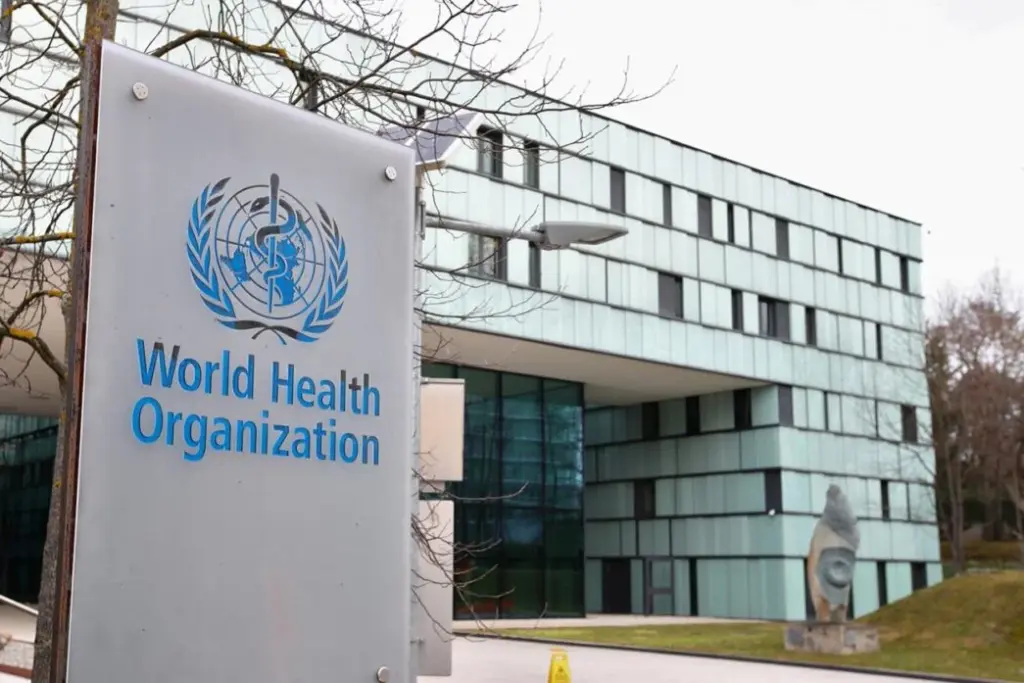As the world marks World Polio Day 2025, the World Health Organisation (WHO) has urged African countries to sustain their commitment to eradicating polio, warning that despite major gains, the mission remains incomplete.
In a message commemorating the day themed “End Polio: Every Child, Every Vaccine, Everywhere,” the WHO Regional Director for Africa, Dr. Mohamed Janabi, said that while Africa has made significant progress, challenges such as declining routine immunization coverage, interruptions in vaccination campaigns, insecurity, and vaccine hesitancy continue to threaten recent achievements.
He said: “Across the African Region, countries have continued to advance towards this goal. The progress in 2025 reflects stronger cross-border coordination, expanded surveillance, improved laboratory capacity, and the use of digital tools to increase reach, efficiency, and equity.”
According to Janabi, between January and October 2025, 15 African countries reached nearly 200 million children with at least one dose of the polio vaccine through supplementary immunization rounds, with 13 countries conducting synchronized campaigns in difficult terrains.
He highlighted regional successes, noting that in the Horn of Africa, Djibouti, Ethiopia, Kenya, and Somalia jointly vaccinated over 18 million children in two consecutive rounds, demonstrating the power of regional collaboration. Similarly, in the Lake Chad Basin and Sahel regions, cross-border campaigns ensured children in remote communities were reached.
“In April 2025, Ministers of Health launched a coordinated campaign to protect 83 million children across the sub-region,” he said, adding that active type 2 poliovirus outbreaks in Africa dropped from 24 countries in 2024 to 14 in 2025, representing a 54% decline in virus detections.
Janabi also announced that Madagascar officially declared the end of its circulating variant poliovirus type 1 outbreak in May 2025, following robust response measures and sustained surveillance efforts.
By mid-2025, 11 WHO-supported laboratories had expanded genomic sequencing capacity, while six others began piloting advanced techniques. Notably, Uganda’s Sanger facility received WHO accreditation, boosting regional virus detection and tracking.
He revealed that 98% of countries in the WHO African Region now monitor wastewater and sewage for polioviruses, offering early warning systems that enable swift interventions before potential outbreaks spread.
However, Janabi cautioned that the continent must not become complacent.
“The task is not complete. Declines in routine immunization, interruptions to campaigns, insecurity, and vaccine hesitancy continue to pose risks. To truly end polio, countries must sustain cross-border coordination, reach zero-dose and under-immunized children, and maintain high-quality outbreak response,” he warned.
He stressed that ending polio requires more than halting transmission, it involves building resilient health systems, strengthening the workforce, and maintaining sustainable immunization and surveillance networks.
“The last mile is always the hardest, but it is also the most important. On this World Polio Day, let us renew our determination to reach every child, with every vaccine, everywhere, and consign polio to history, forever,” Janabi concluded.















